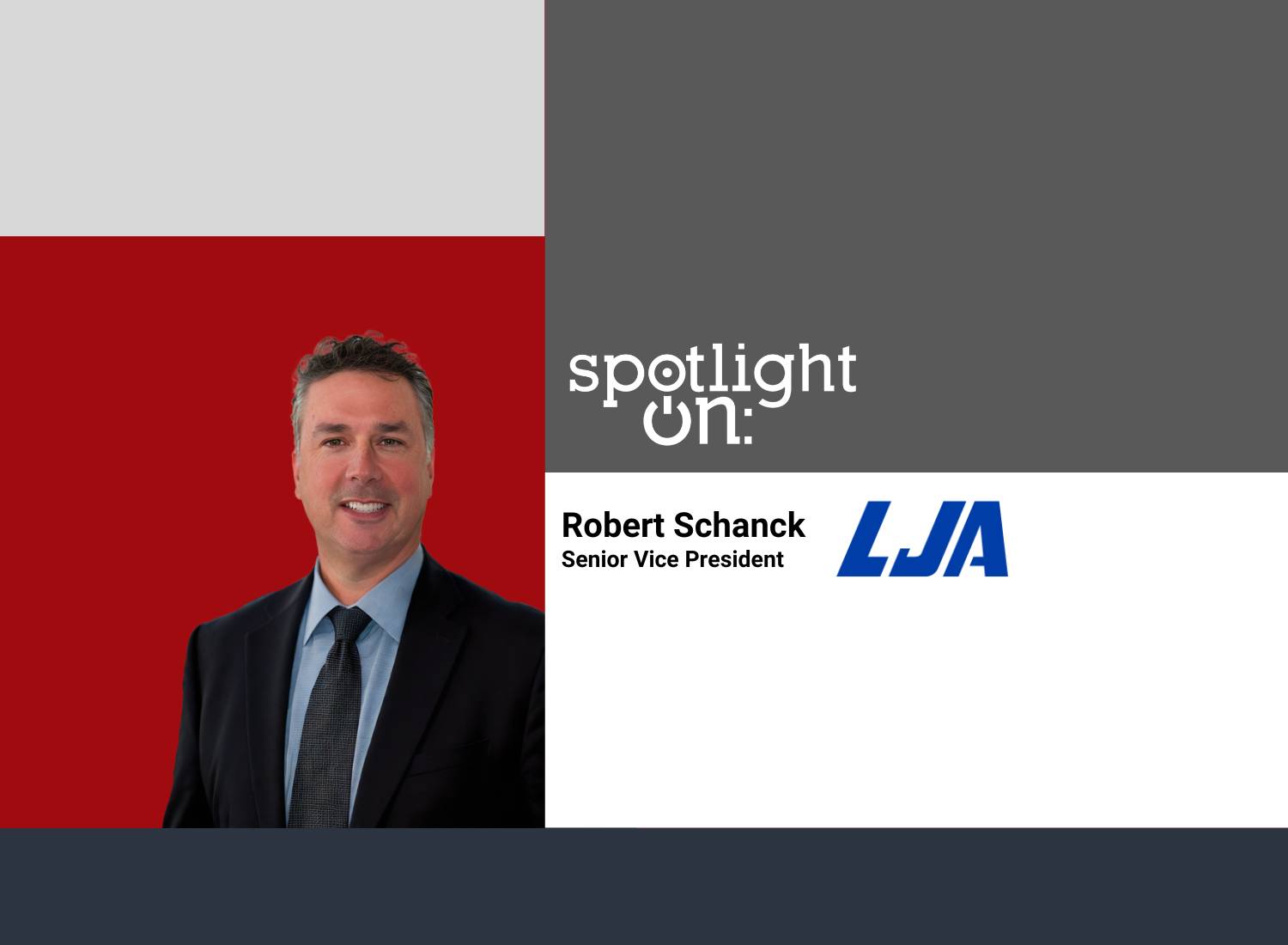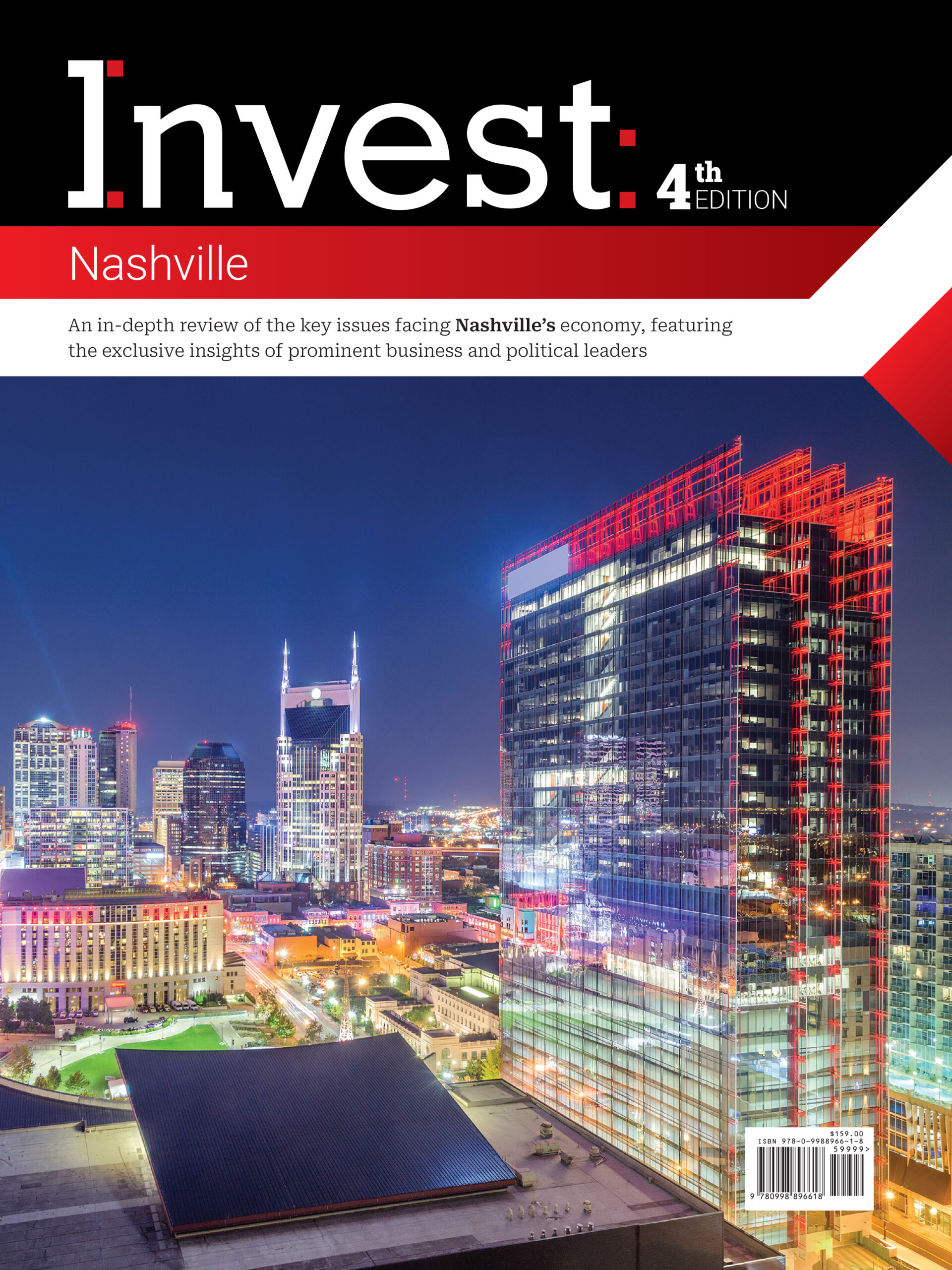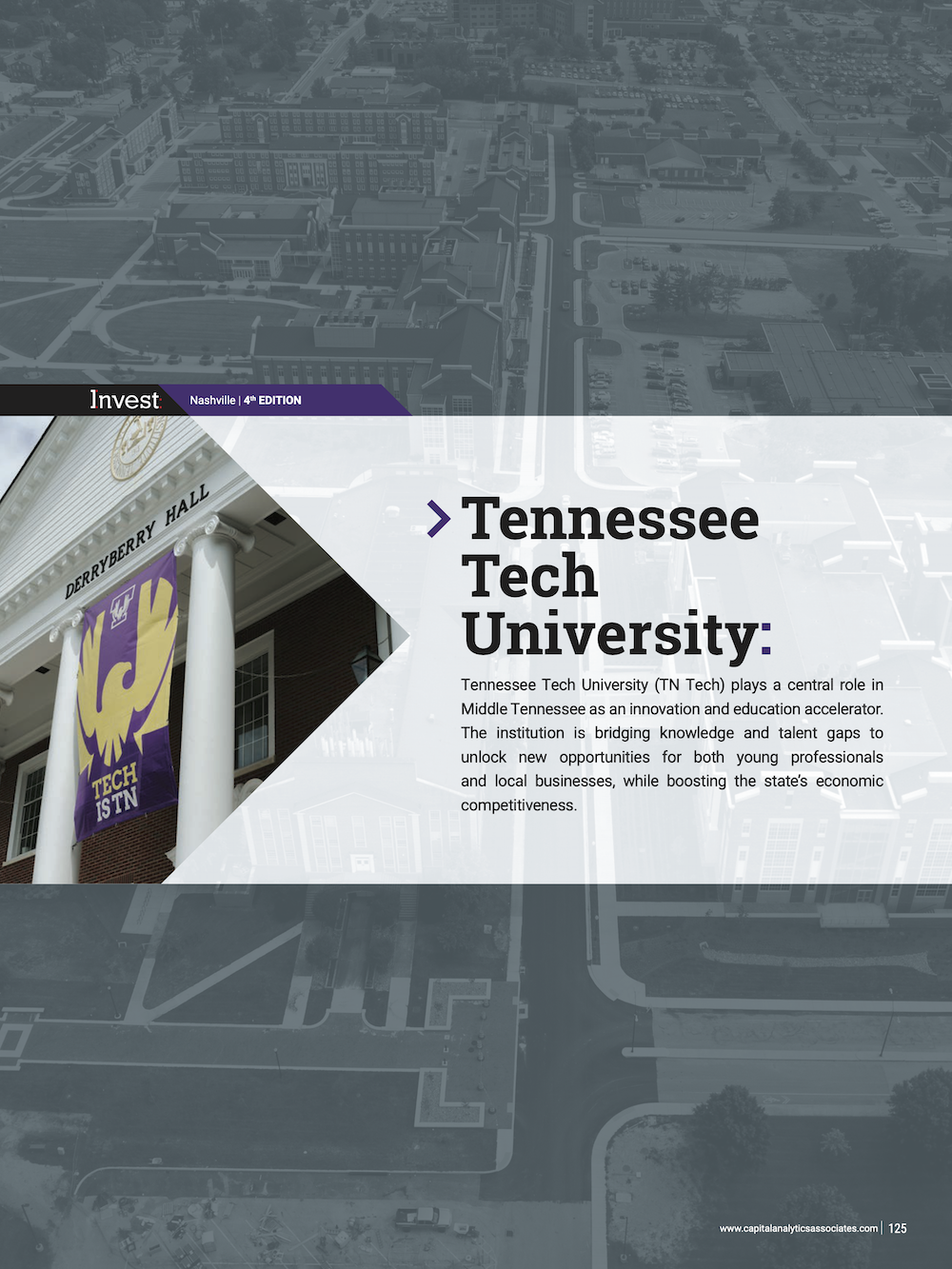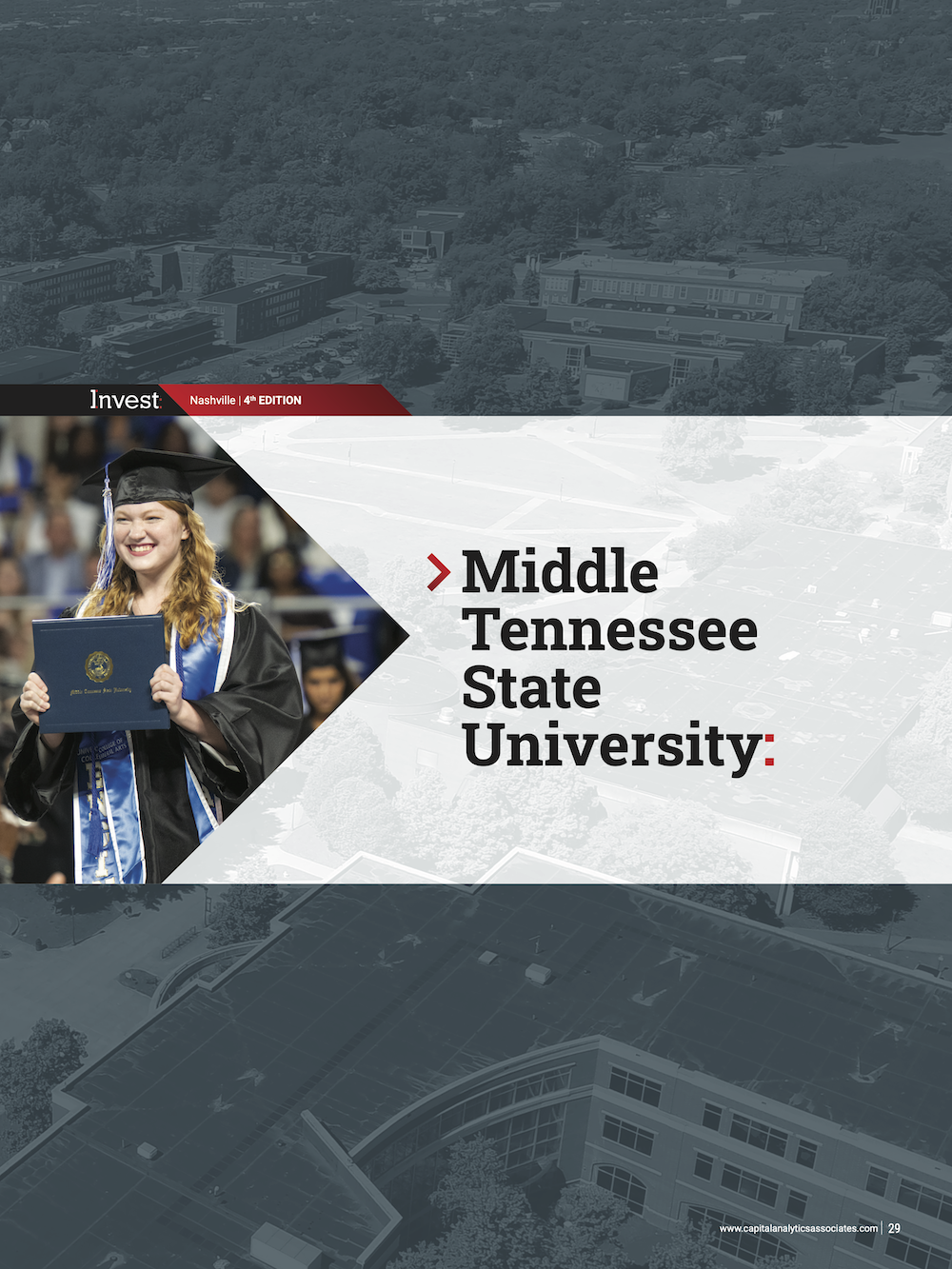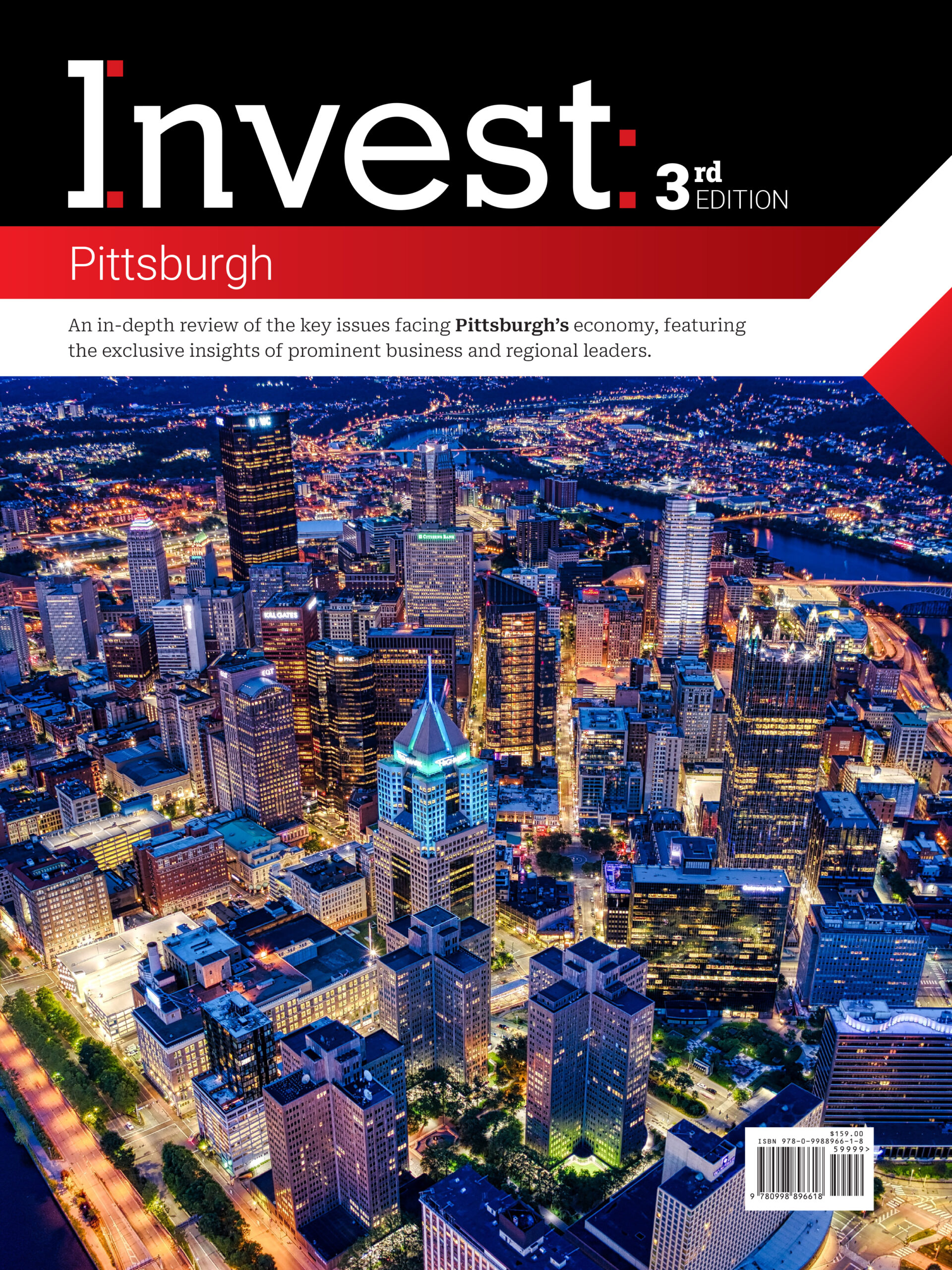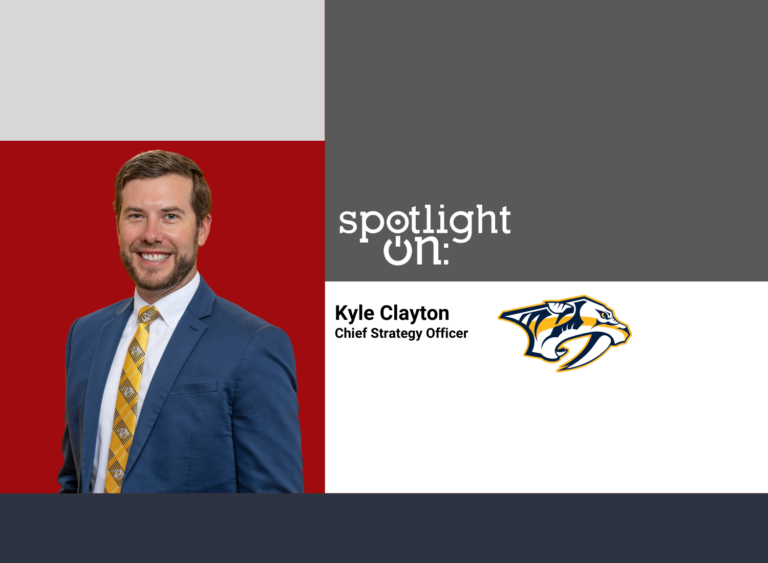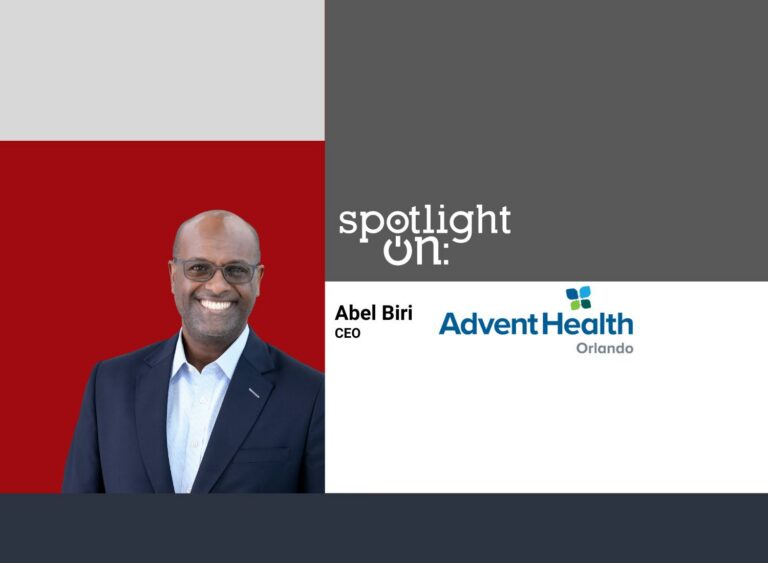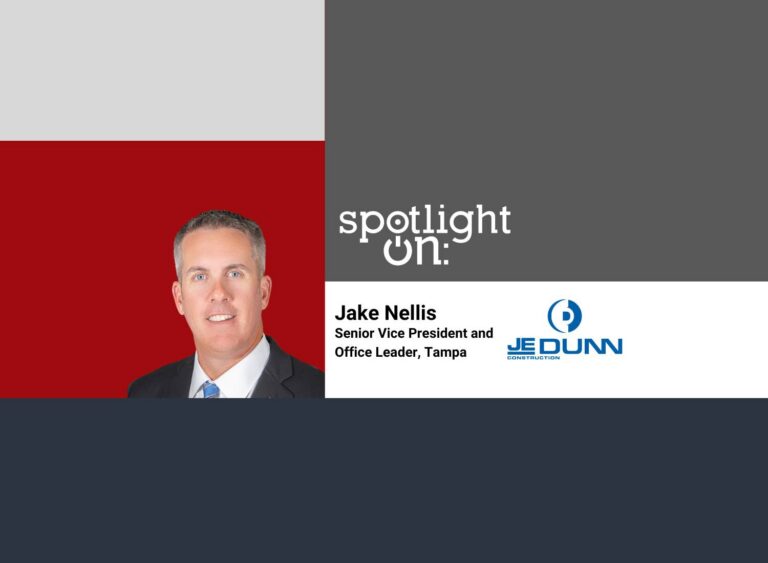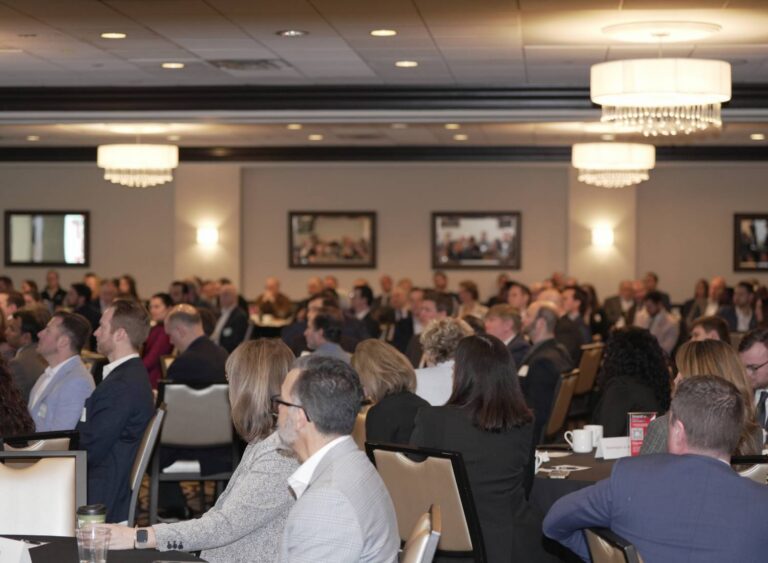Allen Morris, Chairman, President & CEO, The Allen Morris Company
In an interview with Invest:, Allen Morris, chairman, president, and CEO of The Allen Morris Company, shared insights on the company’s latest milestones, Florida’s booming real estate market, challenges in transportation, public-private partnerships, and his leadership philosophy rooted in meaningful impact.
What have been the key milestones for The Allen Morris Company over the past year?
This year, we are launching four new projects in Miami, alongside developments in Orlando, Sarasota, Bradenton, and Atlanta. Miami highlights include a new development in Coral Gables, another in Coconut Grove, a project on Brickell Avenue, and a $1 billion mixed-use development in the medical district.
Over the past year, we faced challenges from a 400% rise in interest rates and a 300% increase in construction costs. Despite this, we have moved forward with unique, inspiring projects. Unlike cookie-cutter developments, our buildings are designed to stand out.
Star Metals Atlanta, selected by Nike for their Innovation Division, reached 97% leasing this year following its 2021 delivery. Similarly, our Coral Gables headquarters and Orlando office building are also 98% leased.
We are excited about Ponce Park, a luxury condominium project in Coral Gables launched in 2024, which will be the city’s highest-quality condominium. In Coconut Grove, we are developing Ziggurat, a mixed-use project with 100,000 square feet of Class A+ office space, 23 ultra-luxury condominiums overlooking Kirk Munroe Park, 40,000 square feet of retail, and a Michelin-star restaurant on the rooftop.
Both Ponce Park and Ziggurat Coconut Grove are public-private partnerships to redevelop public parks with Coral Gables and Miami. For instance, we are redeveloping Coconut Grove’s adjacent park to include tennis courts, pickleball courts, a children’s playground, and food and beverage services. The Allen Morris Company will privately manage these amenities to ensure first-class maintenance and operation.
In Atlanta, we are developing a park in West Midtown as part of our Star Metals District, featuring pickleball courts, a dog park, and an indoor-outdoor restaurant. We also cut the ribbon on Bryn House, a multifamily apartment building near the Children’s Hospital of Atlanta, which is already 81% leased and a premier development in the Druid Hills area.
Lastly, we just opened a luxury hotel in Eagle, Idaho, a suburb of Boise comparable to Coral Gables in affluence and prestige.
What is your overview of the commercial real estate market in South Florida at the moment?
This past year, Miami became the hottest office market in America, with rents rising dramatically due to demand for premium office space in Brickell Avenue, Coconut Grove, Coral Gables, and across Greater Miami-Dade County.
There is also strong demand for industrial and distribution space, as Miami serves both as the capital of Latin America for trade and business and the emerging “Wall Street of the South.” Major companies like Citadel and Goldman Sachs, as well as law firms, accounting firms, private equity firms, and family offices, are relocating here.
Florida’s business-friendly environment and unmatched climate make it an incredibly attractive destination. Just yesterday, I was on a call with a friend in New York, where it was 20 degrees, while we enjoyed sunny Miami weather. This lifestyle, and the allure of no state income tax, continue to fuel South Florida’s growth.
What trends are you seeing in Florida’s real estate market, and how are you positioning your developments to meet the growing demand?
Florida is experiencing incredible growth, with 1,000 people moving to the state daily. A significant portion of this population is relocating to Miami and South Florida, driven by businesses moving into the region. This has resulted in strong demand for multifamily apartments, single-family residences, and luxury condominiums.
There is also a growing need for high-quality office spaces that are well-amenitized and accessible by transit, as well as industrial spaces, experiential retail, and world-class restaurants. For instance, in Coconut Grove, we’re bringing in a Michelin-star chef from New York to open a restaurant at Ziggurat, with another planned for Brickell Avenue. In Coral Gables, we are collaborating with a world-renowned restaurateur to elevate the dining experience further.
The demand for residences, offices, industrial spaces, and curated retail experiences remains strong across South Florida, and we’re excited to meet these needs with innovative developments.
What are the primary challenges for the real estate industry, and how is The Allen Morris Company working to address these challenges?
One of the biggest challenges is transportation in Miami-Dade County, as rapid population growth strains the system. To address this, we strongly advocate for expanding the metro rail and Metromover systems.
Our development strategy focuses on creating mixed-use, walkable communities that reduce reliance on cars. For example, Ziggurat Coconut Grove integrates live-work-play elements with public parks, restaurants, and markets, allowing residents to access everything they need without driving. In Coral Gables, our projects are in highly walkable areas. From my headquarters, I can walk to 50–60 restaurants within six blocks.
We aim to replicate this pedestrian-friendly environment in all our projects, including Highland Park, a billion-dollar, multi-phase development adjacent to the University of Miami Medical Center. Highland Park includes a high-rise, live-work multifamily community and is accessible by metro rail and within walking distance of 40,000 jobs. These projects foster community, human connection, and accessibility while reducing car dependency.
How do you ensure your projects have a meaningful impact beyond just the buildings themselves?
We are excited about several new projects. We’ve broken ground on developments in Sarasota, Bradenton, and suburban Orlando, and we’re preparing a mixed-use project in downtown Orlando featuring multifamily units, office space, and a hotel. In Atlanta, we’re working on an eight-phase development, and our suburban project near the Children’s Hospital has been a success.
What drives us is our mission to inspire, impress, and improve the lives of everyone we touch. This mission underpins every project. If a building doesn’t inspire us, we simply won’t build it, no matter how profitable it may be.
This mission emerged 25 years ago after I hit a wall, felt burned out, and nearly closed the company. During a sabbatical, I realized we needed a new purpose to continue. Together with our executive team, we redefined our mission, which has since become the core of our work. We now focus on inspiring people with the beauty of our projects, impressing them with excellence, and improving the lives of everyone we touch — whether tenants, neighbors, or hotel guests. This purpose makes every project fulfilling for us.
How have your personal experiences shaped your leadership approach and inspired the way you navigate challenges in your career?
My book, All In: How to Risk Everything for Everything that Matters, chronicles my personal journey and the experiences of other CEOs and leaders. It’s not just a glossy account — it’s very real and authentic. I wrote about challenges like conflicts with senior executives, personal difficulties with one of my daughters, and even health scares that led to misdiagnoses.
During a three-month sabbatical, which turned into a three-year journey, I faced betrayals, divorce, and other unexpected challenges. But through these experiences, I discovered how crises and disappointments can fuel transformation and personal growth.
The book shares how we can turn setbacks, childhood wounds, and life’s challenges into jet fuel for our growth. It has resonated deeply with readers; I recently received a letter from a community leader saying how impactful it was for them. Writing it was an emotional but rewarding process, and I hope it inspires others to embrace transformation.
How do public-private partnerships contribute to the success and growth of both your company and the communities you serve?
Public-private partnerships are incredibly important and key to enhancing the assets in our community. Two things make our community great: Miami and South Florida are business-friendly, with low taxes and a pro-business environment that invites companies to settle here. Unlike more closed-off communities, South Florida is open and welcoming.
Second, our community leadership stands out. Over the last 10 to 15 years, we’ve recognized and celebrated this leadership through two major awards created and sponsored by The Allen Morris Company. The Alvah H. Chapman Jr. Award of Excellence honors community leaders who have contributed to building greatness in Downtown Miami, by strengthening education, transportation, and cultural assets. This year, we honored a Dade County judge who has dedicated his life to improving the judicial system and ensuring law enforcement, safety, and prosperity.
The George E. Merrick Award, named after the founder of Coral Gables, is presented annually to a leader who advances the city. This year, we are also organizing and sponsoring the Centennial Celebration of Coral Gables, marking its incorporation on April 29, 1925. We’re producing a historically accurate, comedic love story about Carl Fisher, George Merrick, and Doc Dammers, to be performed at the Historic Actors’ Playhouse. To celebrate the Centennial, we’re hosting a black-tie dinner on Miracle Mile, working closely with the city.
These initiatives exemplify the public-private partnerships we prioritize. At The Allen Morris Company, we firmly believe that as we prosper, our community prospers — and as our community prospers, we prosper. This belief is core to our values, and we genuinely enjoy being a part of these efforts.
